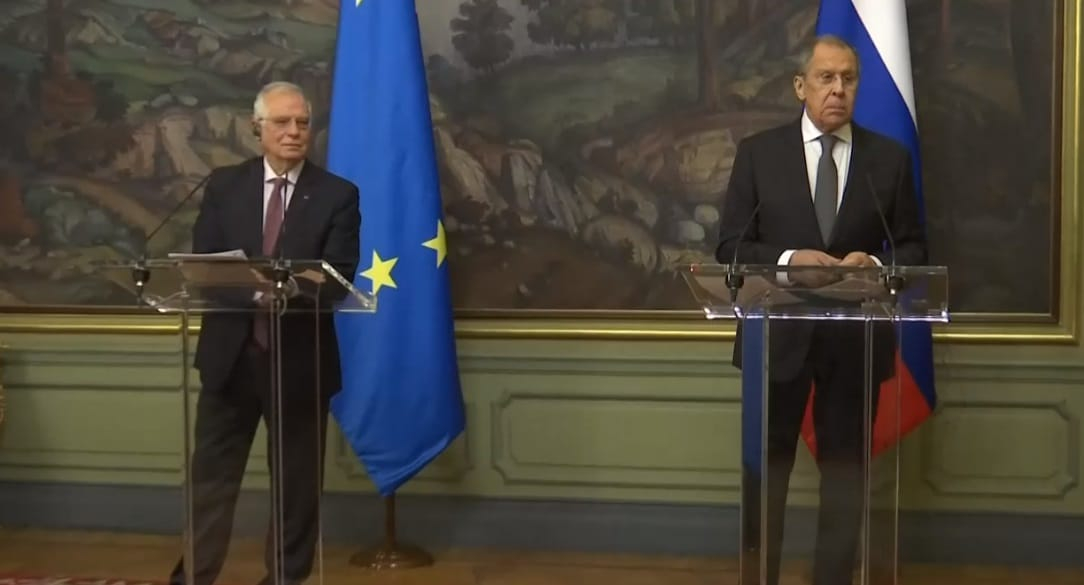Rethinking the EU-Russia relationship after Borrell’s Moscow visit or: How to deal with Russia after Borrell’s visit to Moscow

Practical information
Themes and regions
Related centers and programs
This is a private event.
Learn more about our corporate support packagesThe EU-Russia relationship, which has been deteriorating since 2014, has recently experienced various shocks, such as the poisoning, then imprisonment of opposition leader Alexey Navalny and the failure of EU High Representative Josep Borrell’s diplomatic visit to Moscow. Judging by Russian Foreign Minister Sergey Lavrov’s recent statements, Russia is ready to break with the EU institutions while maintaining bilateral relations with European countries and preserving the Nord Stream 2 project. This workshop aims to reflect on possible ways forward ahead of the European Council’s discussion of the review of the EU-Russia relationship on 25-26 March.

Moderation:
Tatiana Kastouéva-Jean, Head of Russia/NIS Center, Ifri, Paris
Introductive remarks:
Thomas Gomart, Director, Ifri, Paris
Main speakers:
- Fredrik Löjdquist, Ambassador, special envoy for hybrid threats, at the MFA of Sweden and Director and Head of the Stockholm Centre for Eastern European Studies (SCEEUS).
- Sinikukka Saari, Senior Research Fellow at the Finnish Institute of International Affairs (FIIA), Helsinki.
- Piotr Buras, Head of the Warsaw office of the European Council on Foreign Relations (ECFR).
Discussants:
- Susan Stewart, Head of Eastern Europe, Eurasia Research Division, Stiftung Wissenschaft und Politik, Berlin.
- Kadri Liik, Senior Policy Fellow, ECFR, London.
- Reinhard Krumm, Head of Office, Friedrich-Ebert-Stiftung (FES), Vienna.
- Andras Racz, Senior Fellow of the Robert Bosch Center for Central and Eastern Europe, Russia, and Central Asia, DGAP, Berlin.
Conclusions:
- Pierre Vimont, French President's special envoy for strategic dialogue with Russia.
The event will be hold by ZOOM in English under the rule of Chatham House.
Related Subjects
Other events

Paris Naval Conference 2026: Naval Rearmament and Operations in Contested Waters
This fourth edition of the Paris Naval Conference (CNP), bringing together high-level military, industrial, and academic speakers, will address the challenges associated with general naval rearmament and naval operations in increasingly contested environments.





